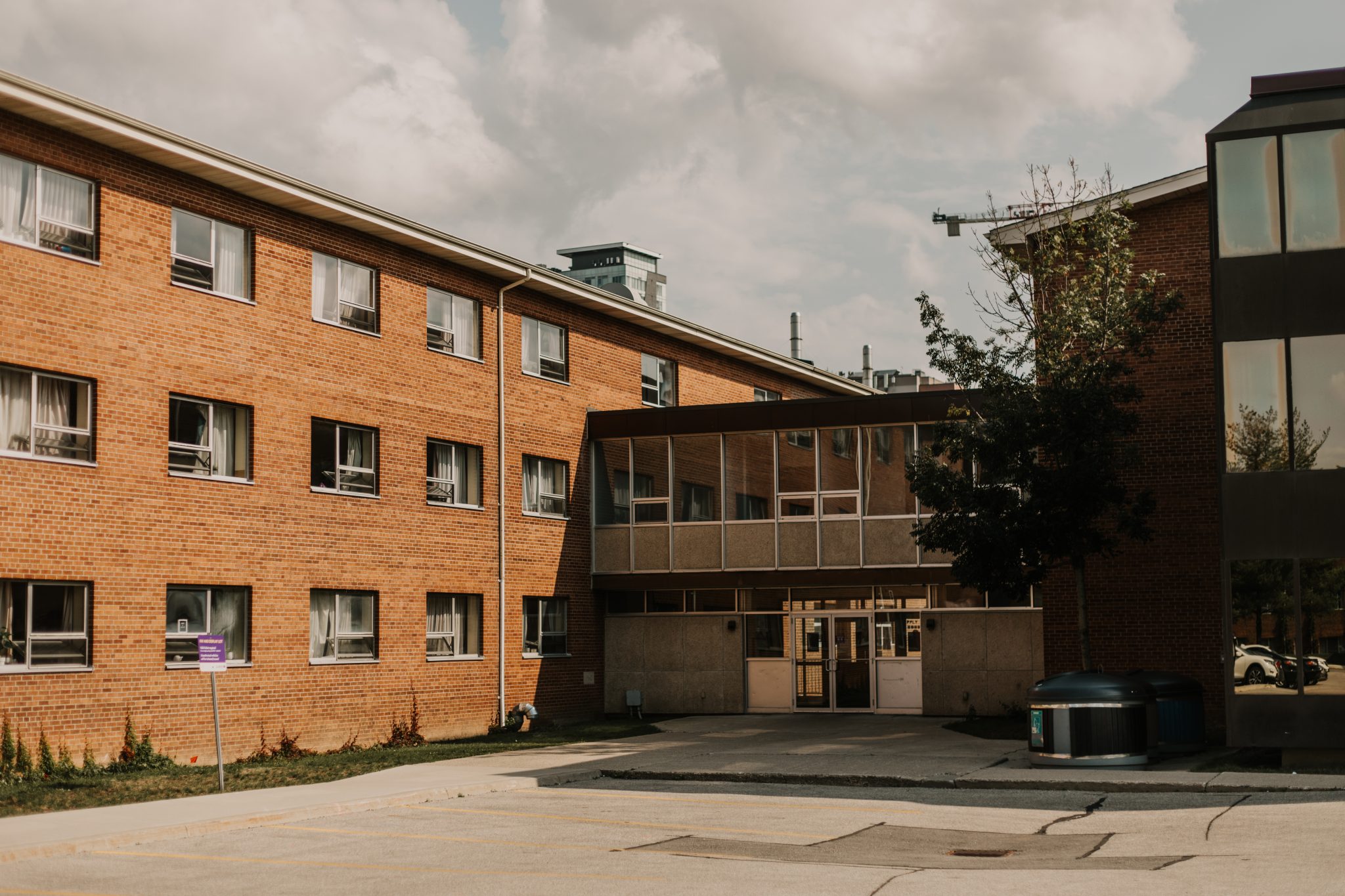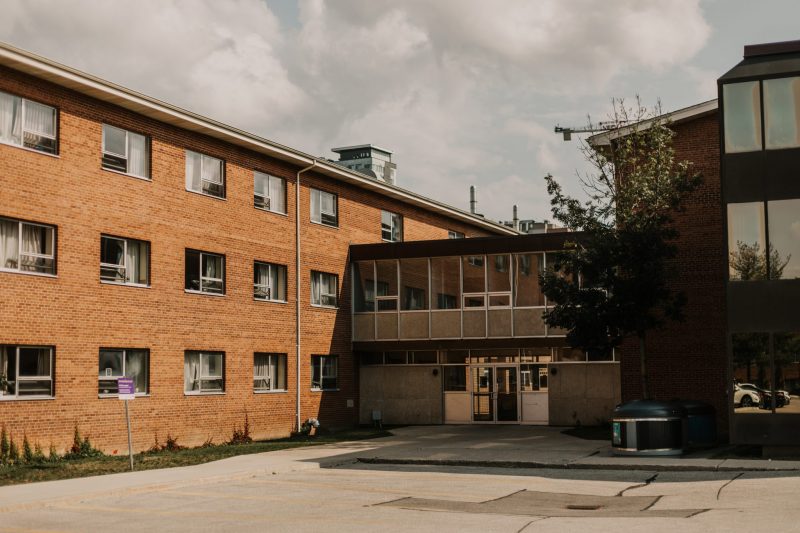Shevaungh Thomas soutient les étudiants racisés parmi les nouveaux conseillers de Laurier

Traduit en français par Tatianna Antunes et Jingqi Hou.

Shevaungh Thomas est la nouvelle conseillère du Centre de Santé et veut que les étudiants racialisés de Laurier sachent qu’ils ont les ressources et le soutien sur le campus.
« Tous les étudiants sont confrontés à l’anxiété et à la nervosité; c’est la nature de la vie estudiantine. Je pense que ce qui différencie vraiment les étudiants racialisés, c’est l’ajout d’une couche d’éléments différents », dit-elle.
Il existe une pression supplémentaire pour que les étudiants racialisés représentent leur groupe ethnique et brisent certains stéréotypes, par exemple ceux qui dépeignent les étudiants racialisés comme moins intelligents.
« Il y a beaucoup d’auto-surveillance ou d’alternance de code linguistique, l’idée de parler parfaitement », dit Thomas.
Il y a aussi un doute de soi-même en cas de micro-agressions car les étudiants peuvent se sentir « trop sensibles ».
En plus du stress habituel d’être étudiant, ces épreuves supplémentaires sont difficiles à gérer et Laurier a travaillé dur pour aider à résoudre ce problème.
“Le Centre de Santé fournit un soutien énorme, j’étais très heureuse de rejoindre son équipe et de pouvoir offrir un espace où les étudiants racialisés peuvent venir”, a déclaré Thomas.
De nombreux ateliers sont mis à la disposition des étudiants sur le site web du Centre de Santé, notamment un groupe de compétences en thérapie comportementale dialectique (TCD) et « Feeling Grand » qui aide à prévenir les rechutes de dépression et à gérer l’anxiété.
Thomas et un autre conseiller ont lancé les séances intitulées « L’anxiété de la réinsertion du point de vue de PANDC (personnes autochtones, noires et de couleur) », qui aident les étudiants racialisés à gérer le stress lié à la race et qui ont lieu le premier mardi de chaque mois ce semestre.
Les étudiants peuvent également exiger un conseiller racialisé lorsqu’ils demandent de l’aide au Centre de Santé
À cause de la stigmatisation et du manque de conversation entourant le sujet de la santé mentale il peut être difficile pour les étudiants racialisés de chercher du soutien en matière de santé mentale sur le campus.
“Je pense que c’est un obstacle important parce qu’on n’en parle pas et ce n’est pas normalisé ; nos étudiants racialisés ne pensent pas pouvoir demander de l’aider ou peut-être qu’ils ne savent même pas que [le soutien] existe.”
Les conseillers racialisés constituent une approche judicieuse dans ce domaine, en raison de leurs expériences communes et de leurs optiques similaires.
« J’ai vécu certains des défis auxquels nos élèves peuvent être confrontés, et j’ai une vision particulière de la situation, car je suis noire, femme et immigrée », a déclaré Mme Thomas. « J’apporte cette spécialité à la table où ils seront en mesure de voir que je comprends et que je peux comprendre. »
Laurier peut aider en rendant continuellement les ressources disponibles et accessibles pour le corps étudiant, et en poursuivant la conversation sur la santé mentale.
Thomas continue à soutenir les étudiants et espère que davantage d’entre eux chercheront à obtenir du soutien s’ils en ont besoin, car les conversations sont lancées et la sensibilisation est accrue.
« Il y a de l’espoir. C’est le détail fondamental à propos des problèmes de santé mentale, offrir l’espoir que les choses peuvent s’améliorer, malgré les défis, et qu’on peut aller mieux. »

